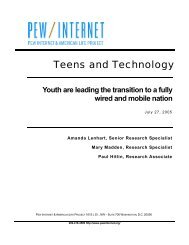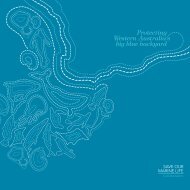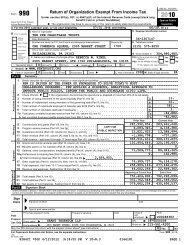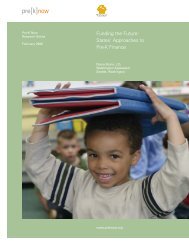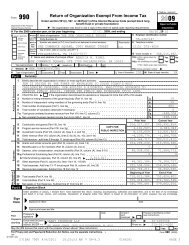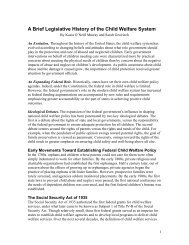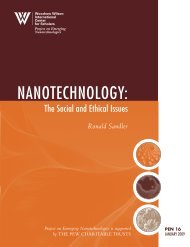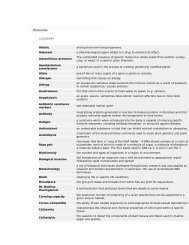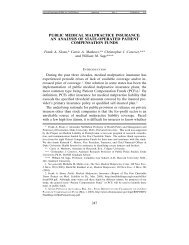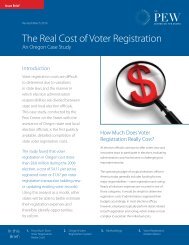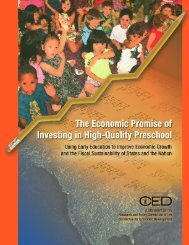After Heparin: - The Pew Charitable Trusts
After Heparin: - The Pew Charitable Trusts
After Heparin: - The Pew Charitable Trusts
You also want an ePaper? Increase the reach of your titles
YUMPU automatically turns print PDFs into web optimized ePapers that Google loves.
—Chapter 2—<br />
2.5 <strong>Pew</strong> conference and policy<br />
recommendations<br />
At the <strong>Pew</strong> Health Group roundtable conference (March 14 and 15, 2011; see Appendices B and C<br />
for list of attendees and full agenda), participants agreed that it is important to improve the FDA’s oversight<br />
of foreign manufacturing. <strong>The</strong>re was clear agreement among generic and brand industry representatives,<br />
API producers and consumer groups that inspections of foreign facilities should occur at the<br />
same rate as U.S. facility inspections and should be prioritized based on risk, as recommended by the<br />
GAO. One industry participant argued strongly that regulatory inspections should be unannounced<br />
whenever possible.<br />
Several participants argued that the FDA must leverage the capacity of third parties, particularly other<br />
regulatory agencies, to achieve needed increased oversight. Suggestions included conducting cooperative<br />
inspections, reciprocal recognition of inspections by other qualified regulatory agencies and use of<br />
independent accredited inspectors. An industry participant suggested that the FDA could immediately<br />
alleviate resources by reducing its inspectional activity in the E.U. by relying on the results of inspections<br />
carried out by European regulators. One specific suggestion to the FDA was that the agency should<br />
participate in EudraGMP, a database launched by the European Medicines Agency in 2007 that catalogs<br />
suppliers with E.U. GMP certificates. A GAO official similarly encouraged the agency to take advantage<br />
of as much third-party information as is available.<br />
FDA Deputy Commissioner John Taylor indicated that the FDA intends to make better use of third-party<br />
sources of information, and sought improved collaboration with foreign regulatory counterparts. <strong>The</strong><br />
GAO called the FDA’s effort to set up foreign offices a good first step, but noted that the staff in those<br />
new, small offices needs better feedback from headquarters on what it should be doing and how to manage<br />
a workload that can become overwhelming.<br />
Representatives of generic drug and active-ingredient manufacturers spoke in support of new industry<br />
fees to cover the costs of increased foreign inspections and create a level playing field for U.S.-based<br />
manufacturers. However, a representative of the Pharmaceutical Research and Manufacturers of America<br />
(PhRMA) suggested that, while user fees have worked well in other contexts, Congress should offer<br />
additional appropriations so that the FDA can better oversee globalized manufacturing. FDA officials<br />
suggested that a potential ancillary benefit of facility registration fees would be to disincentivize foreign<br />
plants that do not export to the United States from registering with the FDA purely to obtain a “seal<br />
of approval.” When such fees were introduced for medical devices, the number of registered facilities<br />
dropped by one-third. 448<br />
Stakeholders also discussed measures to improve the FDA’s knowledge of foreign manufacturers and<br />
imported products. <strong>The</strong> GAO speaker delineated challenges to the FDA’s database systems for overseas<br />
plants and emphasized the need to improve information entry for imported products at the border. <strong>The</strong><br />
56<br />
<strong>Pew</strong> Health Group



